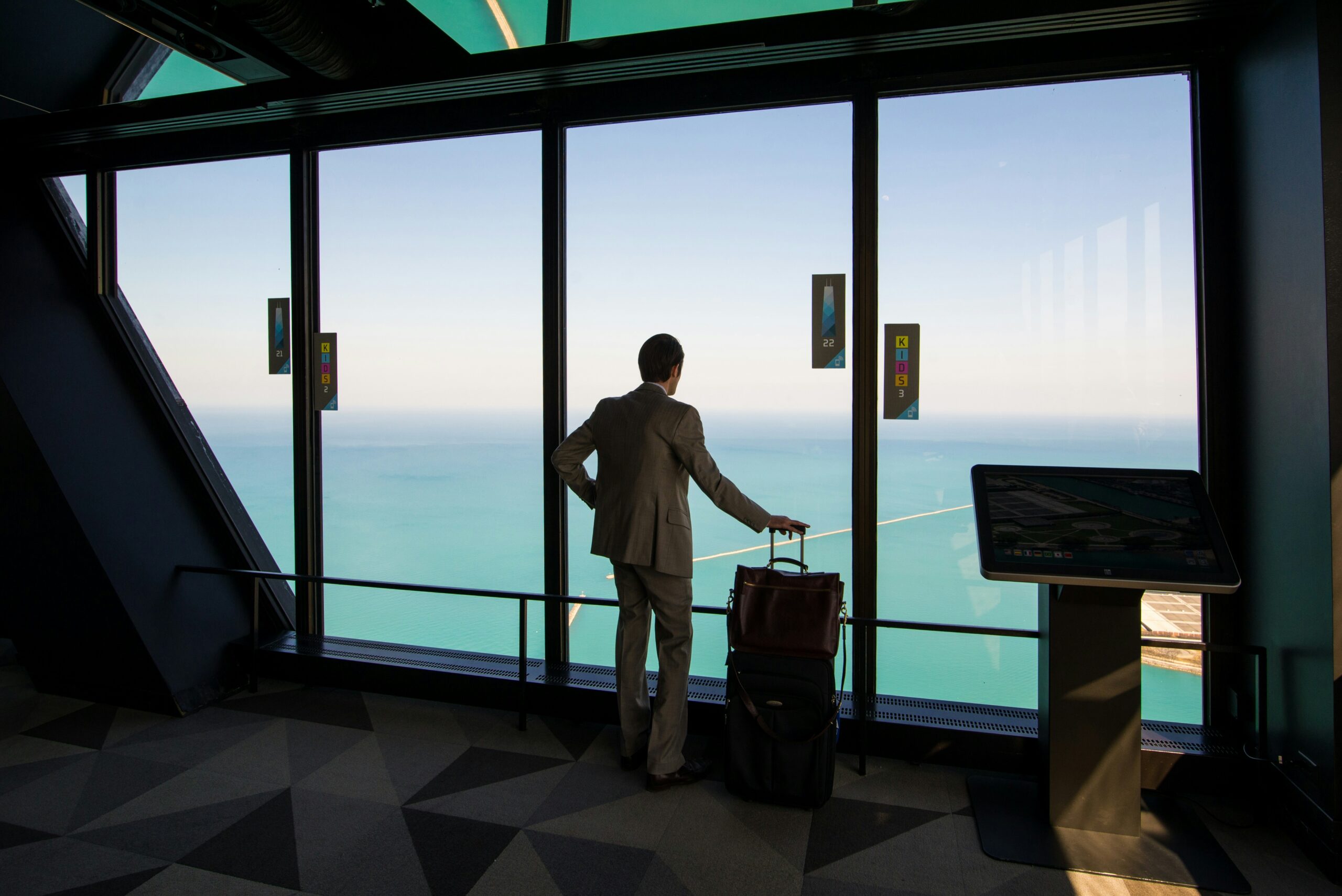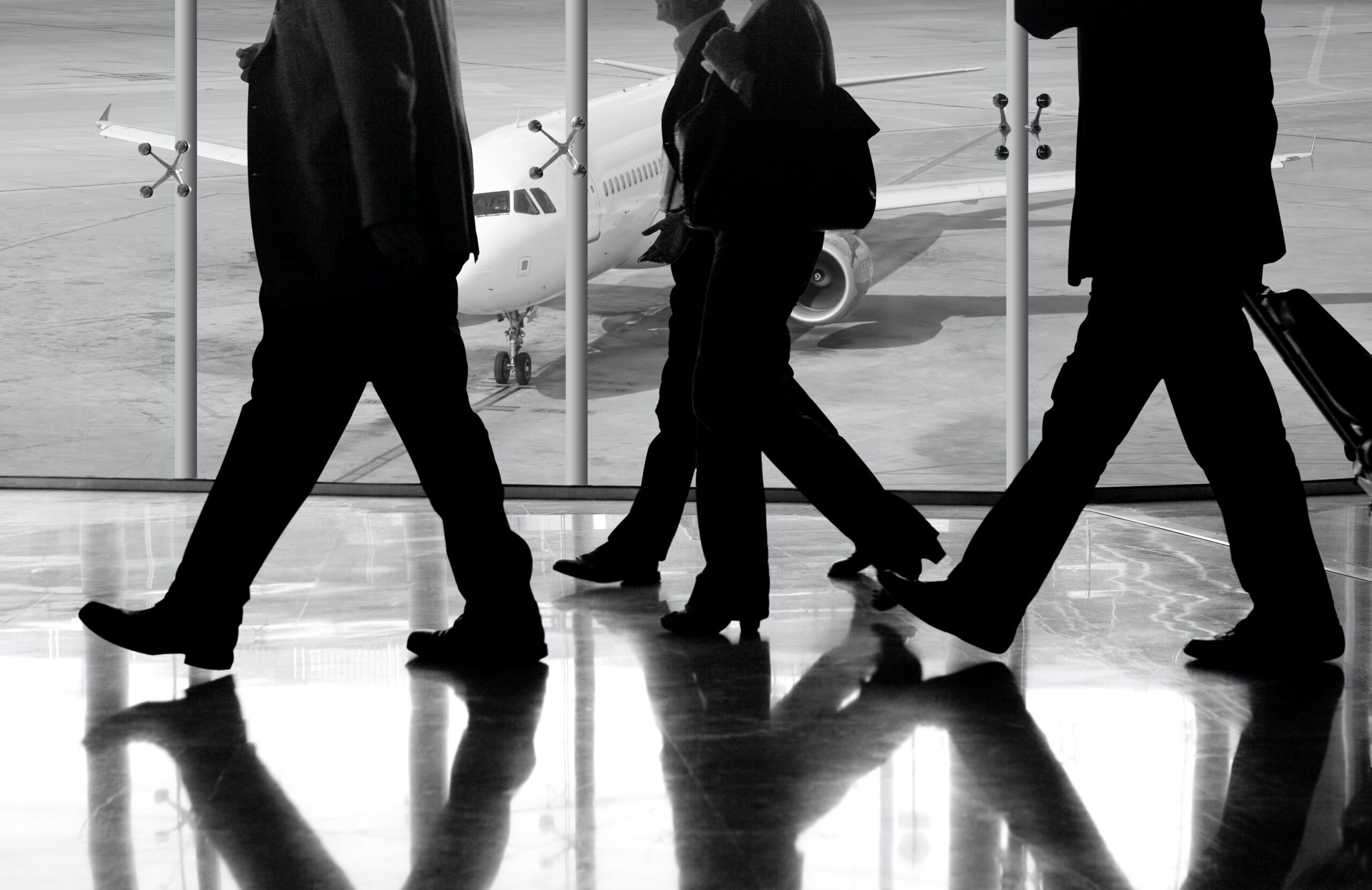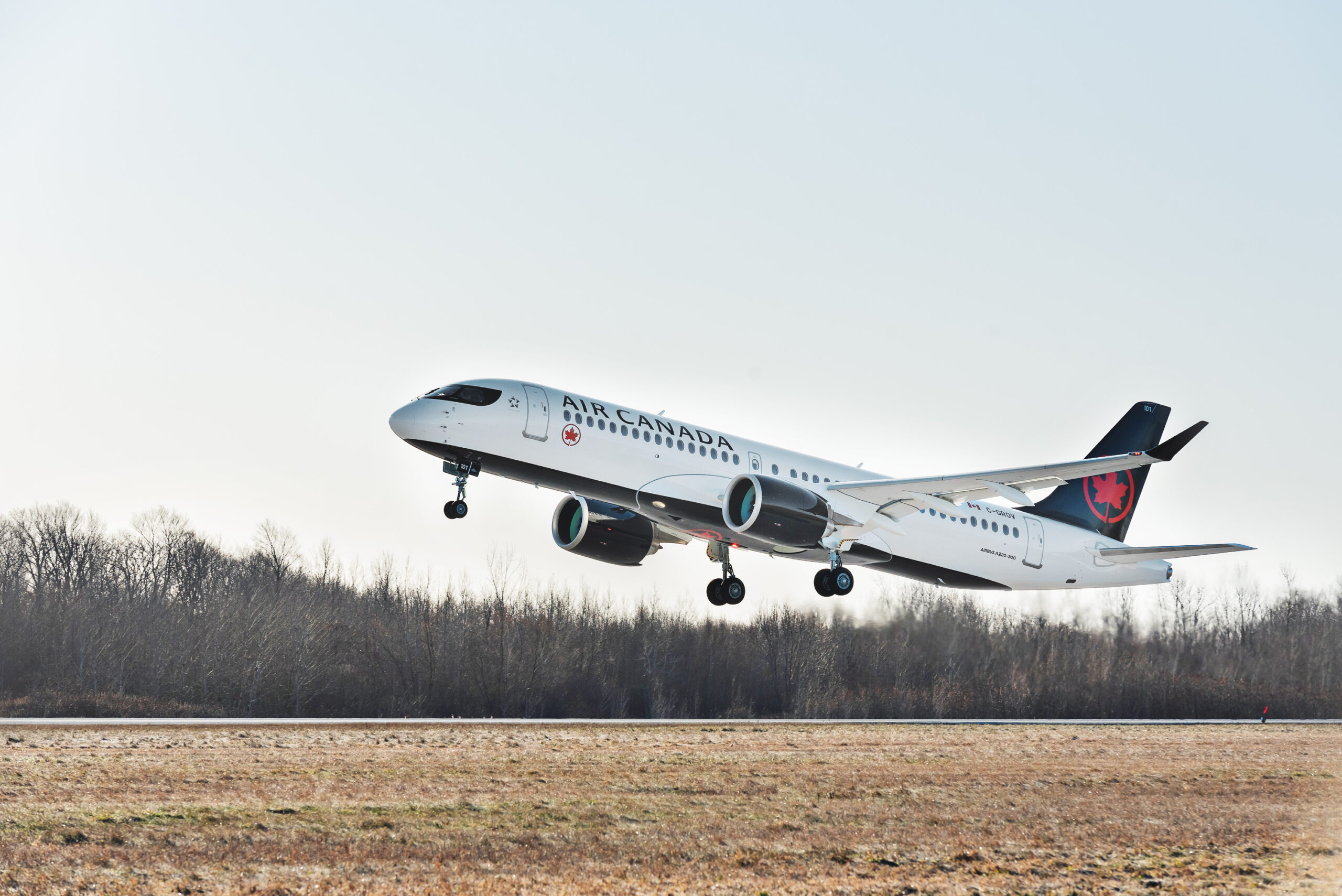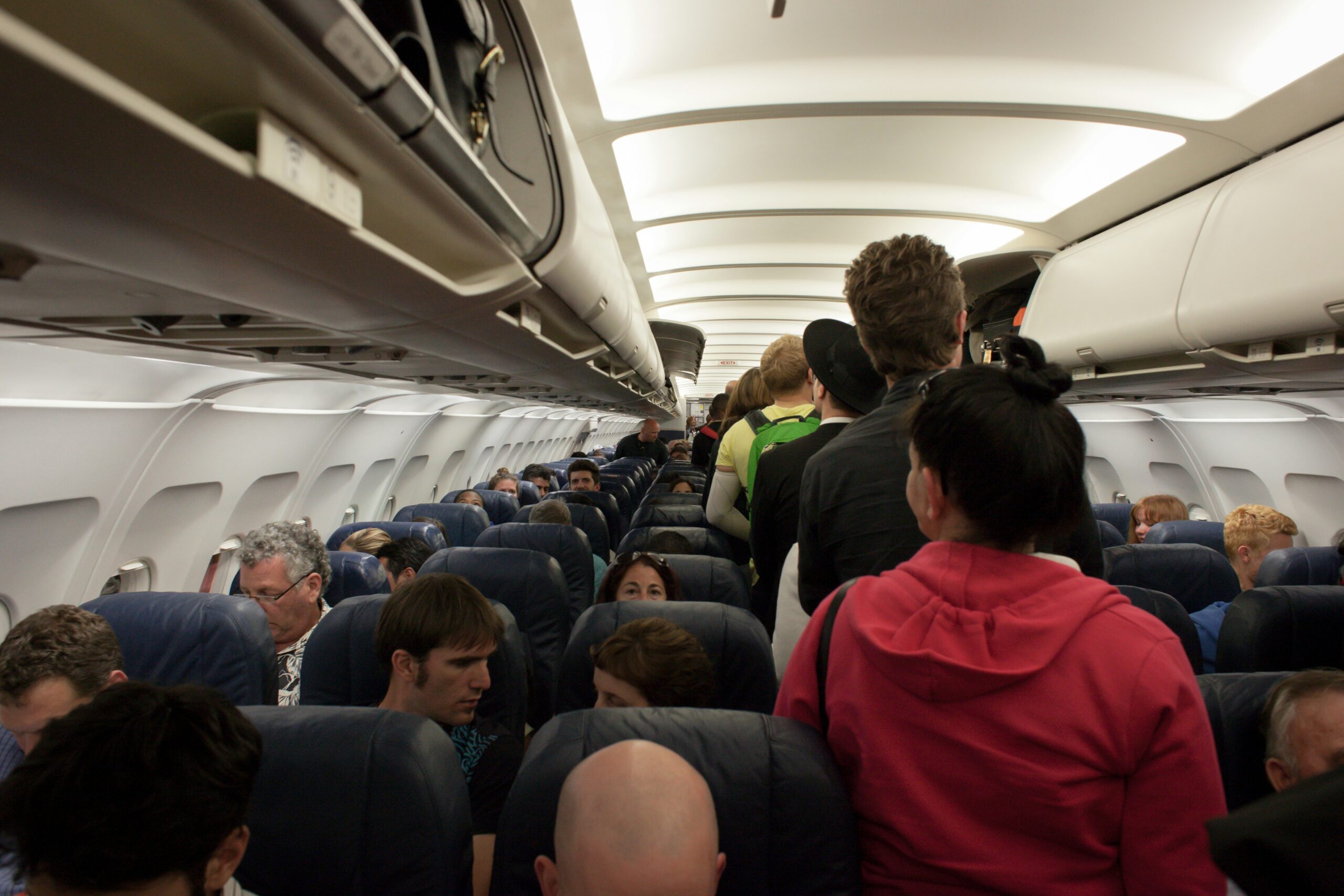GBTA Sounds the Alarm: Tariffs and Entry Bans Could Slash Corporate Travel by 21%
Tariffs, entry restrictions, and cross-border risks trigger spending pullback
by George Gomez
April 21, 2025

Photo: Courtesy of Tim Gouw / Unsplash
Anxiety is creeping into the corridors of corporate travel. With 2025 well underway, a new survey from the Global Business Travel Association (GBTA) paints a sobering picture: nearly one-third of global travel managers expect their company’s business travel volume to fall significantly next year, with an average forecasted drop of 21 percent. Their outlook? Cautious at best—and in some cases, grim.
The source of the turbulence? A confluence of recent U.S. government actions, from new tariffs and entry restrictions to tightening cross-border policies that threaten to complicate global mobility. While global business travel was previously expected to rebound strongly, with spending projected to reach $1.63 trillion USD next year, the latest GBTA data suggests that momentum may be slowing.

Photo: Courtesy of by Suganth / Unsplash
“We’re seeing increasing concerns and uncertainty within our industry,” said GBTA CEO Suzanne Neufang. “Productive and essential business travel is threatened in times of economic uncertainty or in an environment of additional barriers and restrictions. This undermines economic prosperity and damages the many sectors that rely on global business travel to survive and thrive.”
Travel Volume and Spending in Retreat
According to GBTA’s global poll of 905 travel managers, suppliers, and travel professionals conducted from March 31 to April 8, 2025, 29 percent of travel buyers expect business travel at their companies to shrink in the coming year, and 27 percent forecast an average 20 percent cut in related spending.
Those cuts, if implemented, could wipe out as much as $88 billion in projected global business travel expenditures.

Photo: Courtesy of Artem Zhukov / Unsplash
Meanwhile, nearly two in five suppliers and travel management company (TMC) professionals (37 percent) expect an average 18 percent decline in business travel revenue next year. Only 25 percent believe their revenue will remain unaffected by the U.S. government’s recent policies.
Industry Sentiment Drops Sharply
The shift in sentiment is stark. In GBTA’s November 2024 poll, 67 percent of respondents said they were optimistic about the year ahead. In this latest poll, that number has dropped to just 31 percent. A plurality—40 percent—say they are now neutral, while pessimism is on the rise.
Much of this change in attitude stems from policy ripple effects. GBTA defines the U.S. government actions under examination, including tariffs on imported goods, travel restrictions aimed at individuals from certain countries, travel advisories concerning the United States, risks of detention at border crossings, and decreased travel by federal employees in the U.S.

Photo: Courtesy of Alex Muromtsev / Unsplash
Neufang highlighted two key factors that could further dampen the industry’s trajectory: “If there’s sustained economic pressure or uncertainty weighing on company budgets, and if cross-border travel and global workforce mobility to and from the U.S. are restricted, that could have a lasting impact.”
Corporate Travel Policies Already in Flux
While most companies have yet to formally change their policies, some are already making adjustments. GBTA reports that 7 percent of buyer organizations have revised travel policies to or from the U.S. since January 2025. Additionally, 25 percent say they are either planning to or considering such changes, while 20 percent have canceled or are considering canceling meetings and events in the U.S.
Furthermore, 14 percent have already relocated—or are evaluating relocating—events out of the country. These moves are particularly pronounced among non-U.S. companies, which are three times more likely to shift meetings and conferences outside the U.S.

Photo: Courtesy of Rob Wilson / Unsplash
Respondents also expressed concern over administrative burdens and employee readiness. The top areas of long-term concern include rising business travel costs (54 percent), potential budget cuts (40 percent), additional visa and documentation requirements (46 percent), employee willingness to travel to the U.S. (37 percent), and safety and duty of care considerations (37 percent).
Notably, nearly a quarter of global respondents (23 percent) personally know someone whose travel plans have been disrupted due to recent U.S. policy changes.
The Cost of Barriers
Though not the first time policy has shaped the contours of global mobility, this moment is marked by a unique confluence of economic and geopolitical stressors. While U.S. restrictions may serve broader strategic or domestic aims, the unintended consequence may be dampened international engagement and lost revenue across multiple industries.
As Neufang warned, “Traveling for work plays a vital role in supporting business growth, resilient economies, strong diplomatic ties, and valuable connections.”
For now, that role appears more uncertain—and the road ahead for global business travel in 2025 is less clear than ever.




